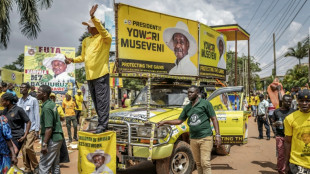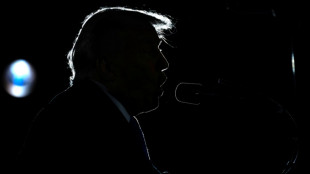
-
 Bills battle Broncos as Allen eyes Super Bowl
Bills battle Broncos as Allen eyes Super Bowl
-
Magic rally to top Grizzlies in NBA Berlin game

-
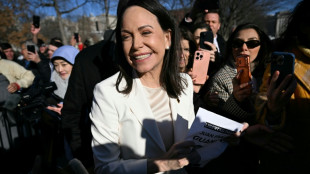 Venezuela's Machado says she 'presented' Trump with Nobel medal
Venezuela's Machado says she 'presented' Trump with Nobel medal
-
Key Colombia guerrilla group backs pact to fight US, commander tells AFP
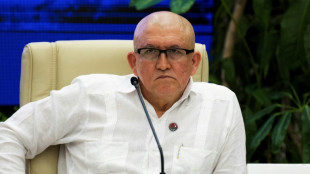
-
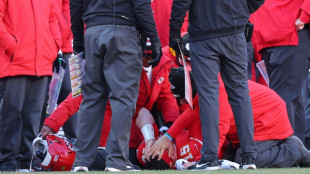 Chiefs' Mahomes targets NFL 'Week 1' after knee surgery
Chiefs' Mahomes targets NFL 'Week 1' after knee surgery
-
Venezuelan interim leader vows oil sector reform after Maduro ouster
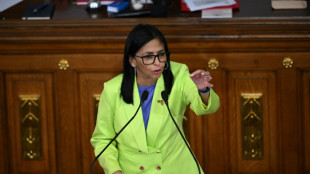
-
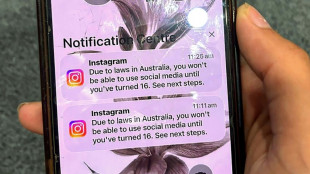 Social media sites block 4.7 million underage accounts in Australia
Social media sites block 4.7 million underage accounts in Australia
-
US court clears Norway's Equinor to resume wind project halted by Trump
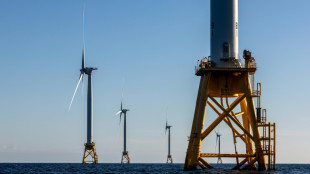
-
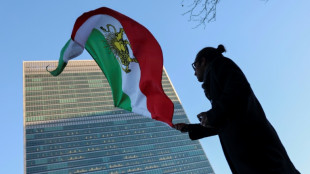 Threats to Iran spike 'volatility': UN official
Threats to Iran spike 'volatility': UN official
-
Rabiot and AC Milan give Como French lesson to stay on Inter's heels

-
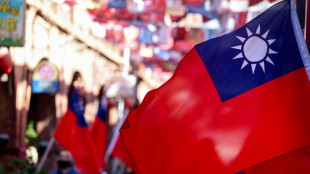 US says reached deal with Taiwan to lower tariffs, boost investments
US says reached deal with Taiwan to lower tariffs, boost investments
-
South Korea's ex-leader Yoon faces first court verdict over martial law chaos

-
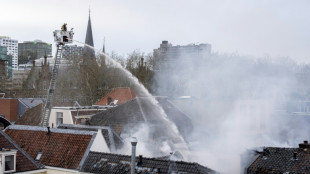 'Gigantic explosion', fire in Dutch city of Utrecht, four hurt
'Gigantic explosion', fire in Dutch city of Utrecht, four hurt
-
Twenty-six charged in latest basketball gambling scandal

-
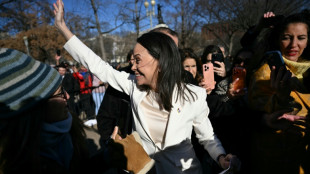 Venezuela's Machado meets Trump for 'positive' talks despite snub
Venezuela's Machado meets Trump for 'positive' talks despite snub
-
NBA Europe 'must respect tradition', says commissioner Silver
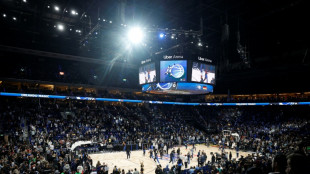
-
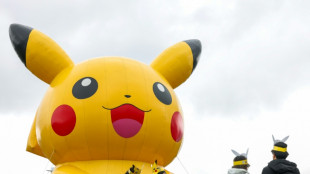 Thieves steal Pokemon cards in armed robbery at US store
Thieves steal Pokemon cards in armed robbery at US store
-
French Olympic champion Papadakis claims she was under partner's 'control'

-
 Fury over Grok sexualized images despite new restrictions
Fury over Grok sexualized images despite new restrictions
-
US says Iran halts executions as Gulf allies pull Trump back from strike

-
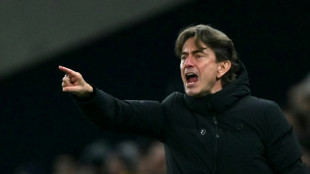 Frank says Spurs taking 'small steps' in right direction
Frank says Spurs taking 'small steps' in right direction
-
Syrian activist Sarah Mardini acquitted of migrant trafficking in Greece
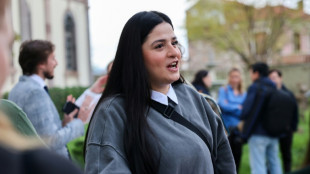
-
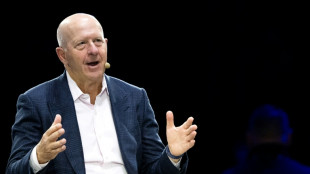 Goldman Sachs' profits jump on hot merger market
Goldman Sachs' profits jump on hot merger market
-
Platini says Infantino has become 'more of an autocrat'
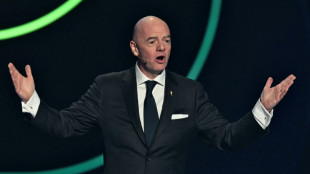
-
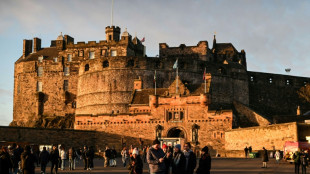 Scottish Borders, Lake District to grace 2027 Tour de France
Scottish Borders, Lake District to grace 2027 Tour de France
-
Venezuela's sidelined Machado arrives at White House for Trump talks

-
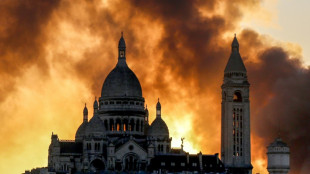 French mother superior bullied nuns at Paris order: inquiry
French mother superior bullied nuns at Paris order: inquiry
-
Cuba pays tribute to soldiers killed in Maduro capture

-
 UK politician joins hard-right Reform just hours after Tories sack him
UK politician joins hard-right Reform just hours after Tories sack him
-
'Gigantic explosion', fire in Dutch city, four hurt
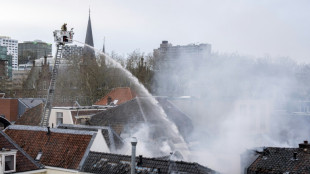
-
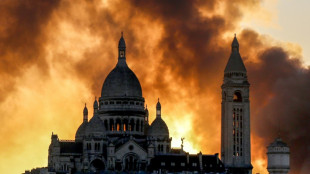 French mother superior bullied nuns at Paris convent - inquiry
French mother superior bullied nuns at Paris convent - inquiry
-
Deprived of heating, Kyiv enters survival mode to beat big freeze
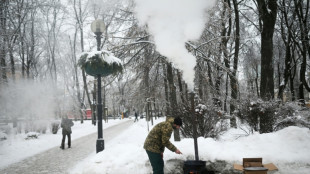
-
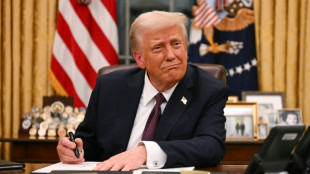 Oil prices slump after Trump eases concerns over Iran
Oil prices slump after Trump eases concerns over Iran
-
French mother superior bullied nuns in Montmartre: report
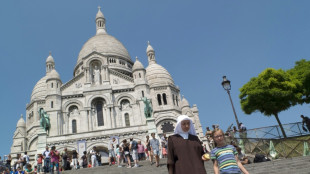
-
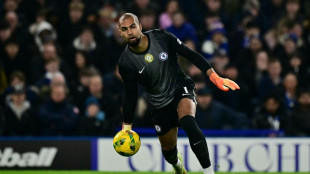 Rosenior refuses to back Sanchez as Chelsea number one
Rosenior refuses to back Sanchez as Chelsea number one
-
Harry due to testify to UK court next week in last tabloid case
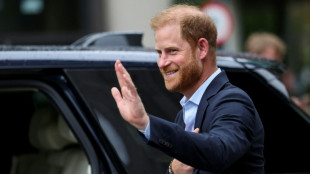
-
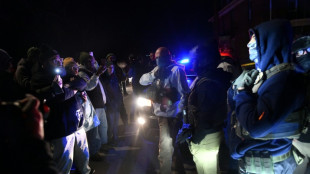 Trump threatens to invoke Insurrection Act over Minnesota protests
Trump threatens to invoke Insurrection Act over Minnesota protests
-
Niger faces dilemma over uranium shipment stuck at airport
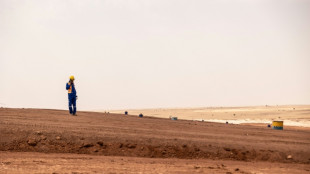
-
 UN chief attacks world leaders putting cooperation on 'deathwatch'
UN chief attacks world leaders putting cooperation on 'deathwatch'
-
Morocco and Senegal prepare for final showdown but Salah's AFCON dream fades
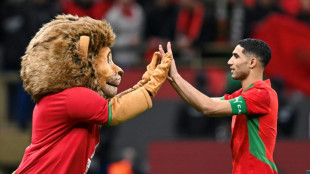
-
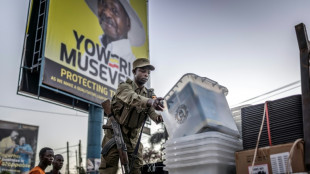 Polls close in Uganda after delays, internet blackout
Polls close in Uganda after delays, internet blackout
-
Forced confession fears as Iran chief justice interrogates protesters
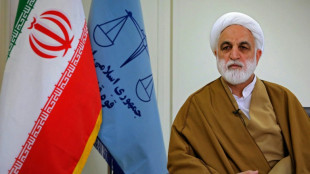
-
 Al-Attiyah closes on sixth Dakar Rally as Ekstrom wins 11th stage
Al-Attiyah closes on sixth Dakar Rally as Ekstrom wins 11th stage
-
Luis Enrique has no doubts about PSG's title credentials
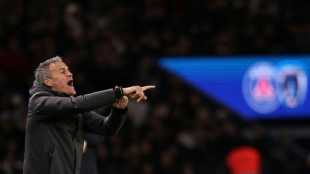
-
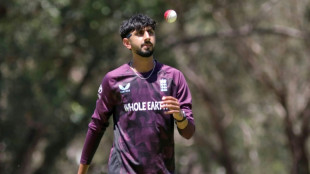 England off-spinner Bashir signs for Derbyshire after Ashes exile
England off-spinner Bashir signs for Derbyshire after Ashes exile
-
Trump convinced 'to give Iran a chance' after threats over protest crackdown

-
 European military mission in Greenland as US aim 'remains intact'
European military mission in Greenland as US aim 'remains intact'
-
UK's Hockney warns moving Bayeux Tapestry would be 'madness'
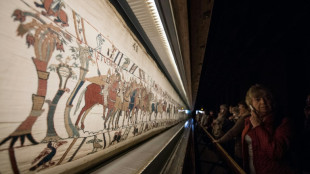
-
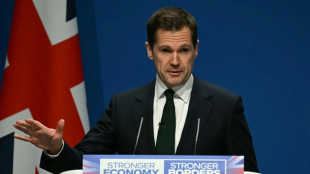 Senior UK opposition politican sacked over 'plot' to join hard-right party
Senior UK opposition politican sacked over 'plot' to join hard-right party
-
Syrians flee Kurdish-controlled area near Aleppo


Argentine castle evokes enigmatic visit by 'Little Prince' author
Deep in northern Argentina, a crumbling castle holds memories of a visit almost a century ago by "Little Prince" author Antoine de Saint-Exupery, who was captivated by the "strange" building and its quirky inhabitants.
A statue of the "Little Prince" -- the main character of the whimsical tale -- stands in the vast park outside the castle, where many Argentines believe Saint-Exupery drew inspiration for his classic novella which has been translated into more than 300 languages.
The French pilot and writer described in his memoir how he made an emergency landing on the banks of the Uruguay River, 400 kilometers (250 miles) from Argentina's capital.
"I landed in a field and I didn't know the extent to which I was about to live a fairytale," he wrote in "Wind, Sand and Stars," published in 1939.
Saint-Exupery recounts coming across the "strange" San Carlos castle, built in 1888 by a wealthy Frenchman, and which he described as "adorably" dilapidated but immaculate.
He waxes lyrical about the French family living there, whose two "wild" blonde daughters had a menagerie that included dogs and birds, a pet iguana, a mongoose, a fox, a monkey and bees.
One night at dinner, upon hearing a rustling and a hissing, one of the girls remarked nonchalantly that the sound was just "the snakes" that had a nest in a hole under the table.
It was in 1929 that Saint-Exupery -- an airmail pilot who spent a little over a year in Argentina -- happened upon the San Carlos castle, six years before he crash landed and became stranded in the Sahara desert.
It is this later experience that became the main inspiration for "The Little Prince," about an aviator who crashes in the desert where he meets an alien prince who recounts his unusual encounters on different planets.
Among the characters the prince meets are a snake and a fox. While there is no evidence of it, many in Argentina -- such as Paulo Tisocco, the director of the San Carlos park -- are convinced his stay there inspired elements of the 1943 book.
"This is a magical place," Tisocco told AFP of the 70-hectare site, where a corner of the castle ruins serves as a basic museum evoking Saint-Exupery's visit, with photos of him and the Fuchs Valon family.
- Mystery and legend -
Argentine author Nicolas Herzog and Colombian Lina Vargas in 2019 wrote a book called "The Little Princesses," recounting the "legend" of how Saint-Exupery was inspired by the Fuchs Valon family and their daughters Edda and Susana.
Herzog also produced a film -- part documentary, part fiction -- called "Night Flight," about the events.
The statue of the "Little Prince," standing upon his asteroid, was erected in the park in 1997.
As for the San Carlos castle, it was abandoned after a fire in 1938, and in 2014 was taken under the control of the Concordia municipality.
Saint-Exupery disappeared over the Mediterranean on July 31, 1944 shortly after taking off on a wartime mission.
N.Shalabi--SF-PST


